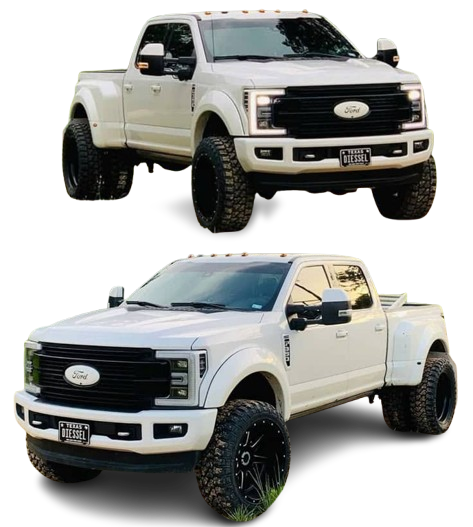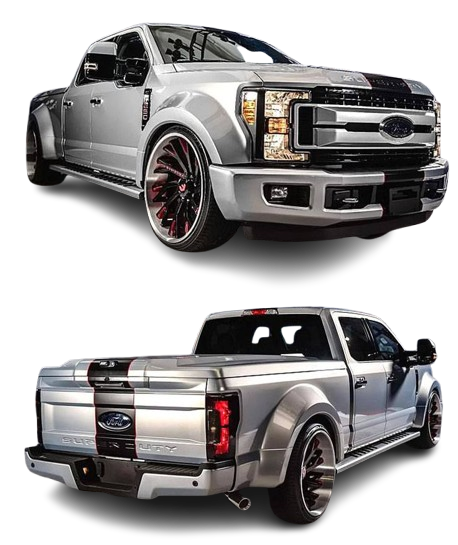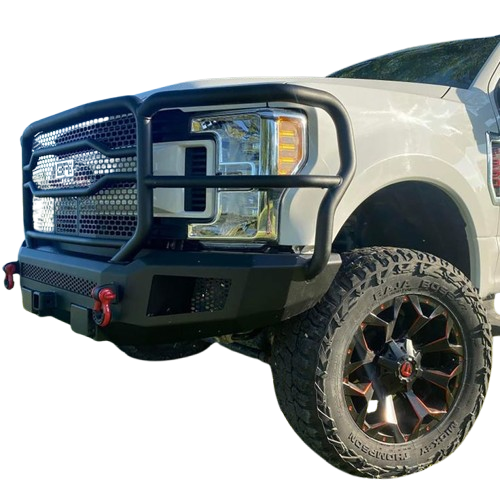Keeping your vehicle in optimal condition is essential for ensuring its longevity and reliability. By following these practical tips, you can extend the life of your car, saving money on repairs and enhancing performance. Whether you’re a seasoned car owner or a new driver, these guidelines will help you maintain your vehicle effectively.
1. Regular Maintenance Checks
Scheduled Services
Adhering to your manufacturer’s recommended maintenance schedule is crucial. This schedule typically includes important services such as oil changes, filter replacements, and fluid checks. Regular maintenance not only keeps your vehicle running smoothly but also helps identify potential issues before they become significant problems.
For example, changing your oil regularly can prevent engine wear and improve fuel efficiency.
Visual Inspections
In addition to scheduled services, conducting visual inspections is vital. Regularly check your vehicle for signs of wear, such as:
- Leaks: Look under the vehicle for any fluid leaks, which can indicate problems with hoses or seals.
- Worn Tires: Inspect tire tread depth and check for uneven wear, which may signal alignment issues.
- Brake Condition: Monitor brake pads and rotors for wear, as these components are crucial for safety.
2. Keep It Clean
Exterior Care
Regularly washing your vehicle is essential for exterior care. Dirt, salt, and grime can cause rust and corrosion, particularly in areas with harsh weather conditions. By washing your car frequently, you can protect its paint and finish, enhancing its appearance and longevity.
Additionally, consider applying a wax coating a few times a year to provide an extra layer of protection.
Interior Maintenance
Keeping the interior clean is just as important. Regularly vacuuming and cleaning your vehicle’s upholstery can prevent wear and tear, maintain a pleasant driving environment, and even boost resale value.
Use appropriate cleaners for different materials, and consider using seat covers to protect against spills and stains.
3. Monitor Fluid Levels
Essential Fluids
Regularly checking and topping off essential fluids is critical for vehicle performance. Key fluids to monitor include:
- Engine Oil: Essential for lubricating engine components and preventing overheating.
- Coolant: Helps regulate engine temperature and prevent overheating.
- Brake Fluid: Crucial for safe braking performance.
- Transmission Fluid: Ensures smooth shifting and overall transmission health.
Fluid Changes
Following guidelines for flushing and replacing fluids is equally important. Over time, fluids can become contaminated or lose their effectiveness, leading to potential damage. Regularly scheduled fluid changes can prevent engine wear, maintain performance, and enhance safety.
For example, changing the coolant as recommended can prevent engine overheating and corrosion.
4. Drive Responsibly
Gentle Acceleration and Braking
Driving habits significantly impact vehicle lifespan. Avoid rapid starts and hard stops, which can strain the engine and brakes. Instead, practice gentle acceleration and braking to reduce wear and improve fuel efficiency.
This mindful driving approach not only extends the life of your vehicle but also contributes to safer driving conditions.
Speed Control
Maintaining a steady speed is another essential aspect of responsible driving. Not only does this improve fuel efficiency, but it also reduces wear on the vehicle’s components. Use cruise control on highways when appropriate, and remain mindful of speed limits to promote safe driving practices.
5. Pay Attention to Warning Signs
Dashboard Alerts
Your vehicle’s dashboard alerts are designed to notify you of potential issues. Ignoring warning lights can lead to more significant problems down the line, potentially resulting in costly repairs and safety hazards.
When you see a warning light, take immediate action. Refer to your owner’s manual to understand what each light signifies and address issues promptly. For example, a check engine light could indicate anything from a loose gas cap to a serious engine malfunction.
Unusual Noises or Vibrations
Be vigilant for any unusual noises or vibrations while driving. Strange sounds, such as squeaking brakes or knocking from the engine, can indicate underlying problems that need immediate attention. Similarly, if you notice handling issues like pulling to one side or vibrations at high speeds, it’s essential to investigate these symptoms.
6. Invest in Quality Parts
OEM vs. Aftermarket
When it comes to repairs and replacements, investing in high-quality parts is crucial. Consider the differences between OEM (Original Equipment Manufacturer) parts and aftermarket parts:
- OEM Parts: These are made by the vehicle’s manufacturer and are designed for optimal compatibility and performance. While they tend to be more expensive, they often come with warranties and reliability guarantees.
- Aftermarket Parts: These can be more cost-effective but vary in quality. When choosing aftermarket parts, look for reputable brands that have positive reviews and proven performance records.
Regular Inspections
In addition to using quality parts, periodically checking the condition of critical components like tires, brakes, and batteries is essential. Regular inspections can help you identify wear and tear early on, allowing timely replacements.
For instance, checking tire tread depth can prevent blowouts and enhance fuel efficiency.
7. Store Properly
Indoor Parking
Whenever possible, park your vehicle in a garage or under cover. This protects it from the elements, such as rain, snow, and UV rays, which can cause deterioration over time. Indoor parking also helps prevent rust and keeps the vehicle looking new longer.
If indoor parking isn’t an option, consider using a high-quality car cover to shield your vehicle from environmental damage.
Long-Term Storage
If you plan to store your vehicle for an extended period, follow proper storage procedures to ensure it remains in good condition. Key steps include:
- Filling the Tank: A full tank helps prevent moisture buildup in the fuel tank and fuel system.
- Disconnecting the Battery: This prevents battery drain and extends its life.
- Inflating Tires: Inflate tires to the recommended pressure to avoid flat spots.






One comment
[…] Coolant: Ensure your coolant is topped off to prevent overheating during long drives. […]